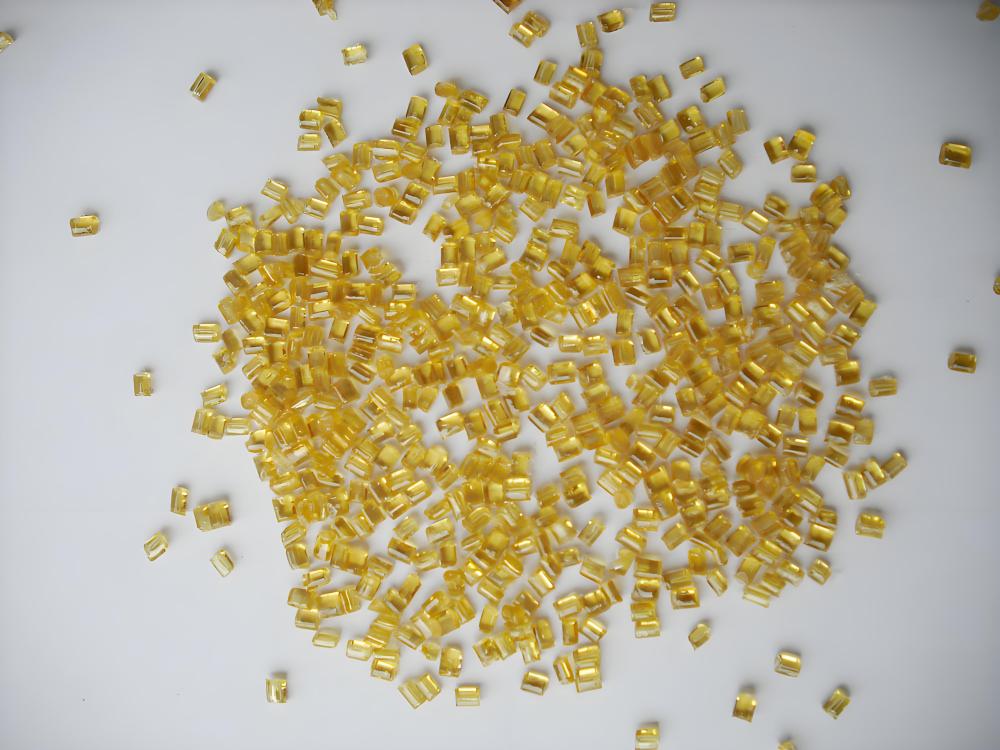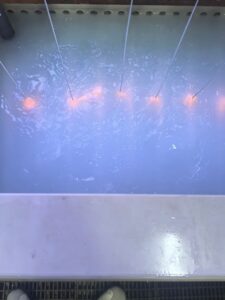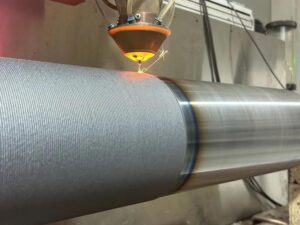What Is Polysulfone?
Polysulfone, or PSU, is a robust thermoplastic from the sulfone polymer family, celebrated for enduring extreme temperatures, resisting chemical corrosion, and maintaining structural integrity under stress. Unlike common plastics, PSU is designed for high-stakes environments, making it a favorite in healthcare, aviation, and food production. Its translucent, amber hue enhances both aesthetics and quality control during manufacturing.
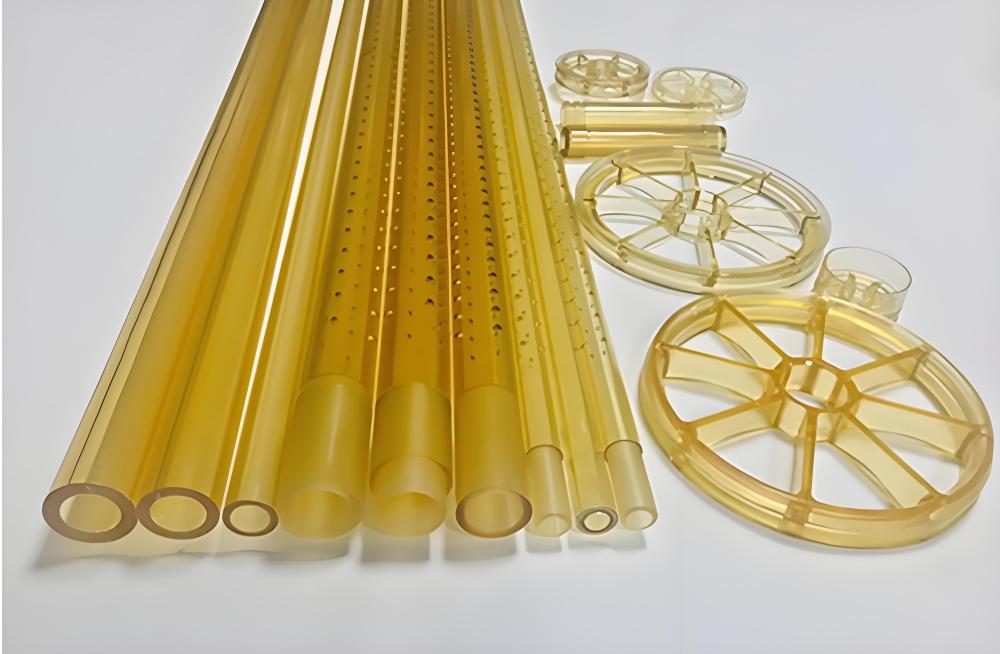
Formed through advanced polymerization, polysulfone resists moisture and withstands repeated sterilization, ideal for applications demanding hygiene and durability, like medical devices or industrial filters. For global manufacturers, PSU’s ability to meet rigorous standards ensures components perform reliably, whether for intricate surgical tools or heavy-duty fittings.
Properties of Polysulfone (PSU)
Polysulfone’s appeal stems from its balanced mechanical and physical traits, making it a go-to for precision machining. Here’s a detailed look at its key properties.
Mechanical Properties
- High Tensile Strength: PSU’s robust strength ensures components withstand significant loads without deforming, ideal for load-bearing parts.
- Impact Resistance: It resists cracking under stress, making it suitable for machining and real-world use in dynamic environments.
- Creep Resistance: Polysulfone maintains dimensional stability over time, even under continuous force, perfect for gears or bearings.
- Machinability: It holds tight tolerances, allowing machinists to craft precise, complex shapes without compromising durability.
Physical Properties
- Thermal Stability: With a glass transition temperature of ~185°C (365°F), PSU performs in high-heat settings without warping.
- Chemical Resistance: It withstands acids, bases, and solvents, ensuring longevity in corrosive environments like pump housings.
- Flame Retardance: Inherently flame-resistant, PSU meets strict safety standards for electronics and aerospace applications.
- Low Moisture Absorption: Its stability in humid conditions makes it reliable for global markets with diverse climates.
- Transparency: PSU’s clarity aids visual inspection, ensuring quality in critical sectors like healthcare.
What Are the Types of Polysulfone?
Polysulfone comes in several variants, each suited to specific needs. The main types include standard polysulfone (PSU), polyethersulfone (PES), and polyphenylene sulfone (PPSU), offering tailored benefits for machining projects.
- Standard Polysulfone (PSU): Balances cost and performance, ideal for medical trays or plumbing fittings needing strength and chemical resistance.
- Polyethersulfone (PES): Offers enhanced thermal and chemical stability, suited for high-temperature filtration or electronic components.
- Polyphenylene Sulfone (PPSU): Excels in toughness and impact resistance, perfect for surgical instruments or aerospace parts.
Each variant supports precision machining, though specific tools or techniques may vary. For international manufacturers, selecting the right polysulfone ensures components meet project-specific demands, from heat resistance to rugged performance.
Applications of Polysulfone
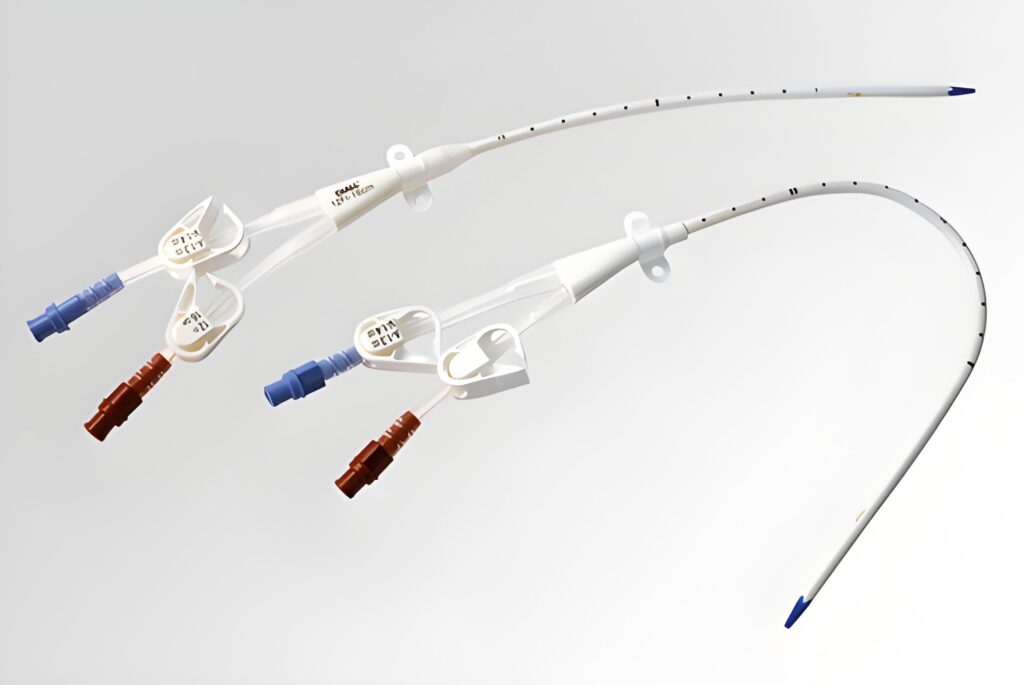
Polysulfone’s versatility drives its use across industries requiring precision-crafted components. Here are its key applications:
- Healthcare: PSU’s biocompatibility and sterilization resistance make it ideal for dialysis equipment, surgical trays, and dental tools, with transparency aiding quality checks.
- Aerospace: Its lightweight, heat-resistant, and flame-retardant properties suit insulation components and fluid systems, meeting strict safety standards.
- Food Processing: PSU’s resistance to hot water and cleaning agents supports piping, valves, and filtration membranes, with FDA compliance ensuring safety.
- Electronics: Its dielectric properties make it perfect for circuit board components, ensuring reliability in high-performance systems.
- Automotive: Used in fuel systems and sensor housings, PSU withstands chemical exposure and mechanical stress.
For global markets, polysulfone’s machinability and compliance with standards like ISO and ASTM make it a trusted choice for diverse, high-quality applications.
Advantages and Disadvantages of Polysulfone
Polysulfone offers compelling benefits but has limitations. Here’s a balanced look to guide manufacturers.
Advantages
- Thermal Resilience: Performs at up to 185°C, ideal for high-heat applications without deformation.
- Chemical Durability: Resists a wide range of chemicals, ensuring longevity in harsh environments.
- Robust Strength: Supports load-bearing parts like gears with excellent toughness and rigidity.
- Precision Machining: Holds tight tolerances for intricate, high-quality designs.
- Clarity: Transparent nature simplifies quality inspections, especially in medical and food sectors.
Disadvantages
- Higher Cost: More expensive than commodity plastics, potentially impacting budgets.
- UV Vulnerability: Without stabilization, PSU degrades under prolonged UV exposure, limiting outdoor use.
- Notch Sensitivity: May crack under sharp impacts if not designed carefully.
- Machining Complexity: Requires precise tools and cooling to avoid thermal stress or surface flaws.
Why partner with Precionn?
For global manufacturers, weighing these factors against project needs ensures polysulfone aligns with goals like durability or cost-efficiency.
Polysulfone has earned its place as a versatile and dependable polymer in industries ranging from medical technology to aerospace and water treatment. Its ability to withstand heat, repeated sterilization, and mechanical stress while offering transparency makes it a unique and valuable engineering material.
For businesses seeking precision machining of Polysulfone and other high-performance polymers, Precionn is a trusted partner. With years of expertise and a commitment to international clients, Precionn delivers reliable, high-quality solutions tailored to meet the most demanding requirements.

